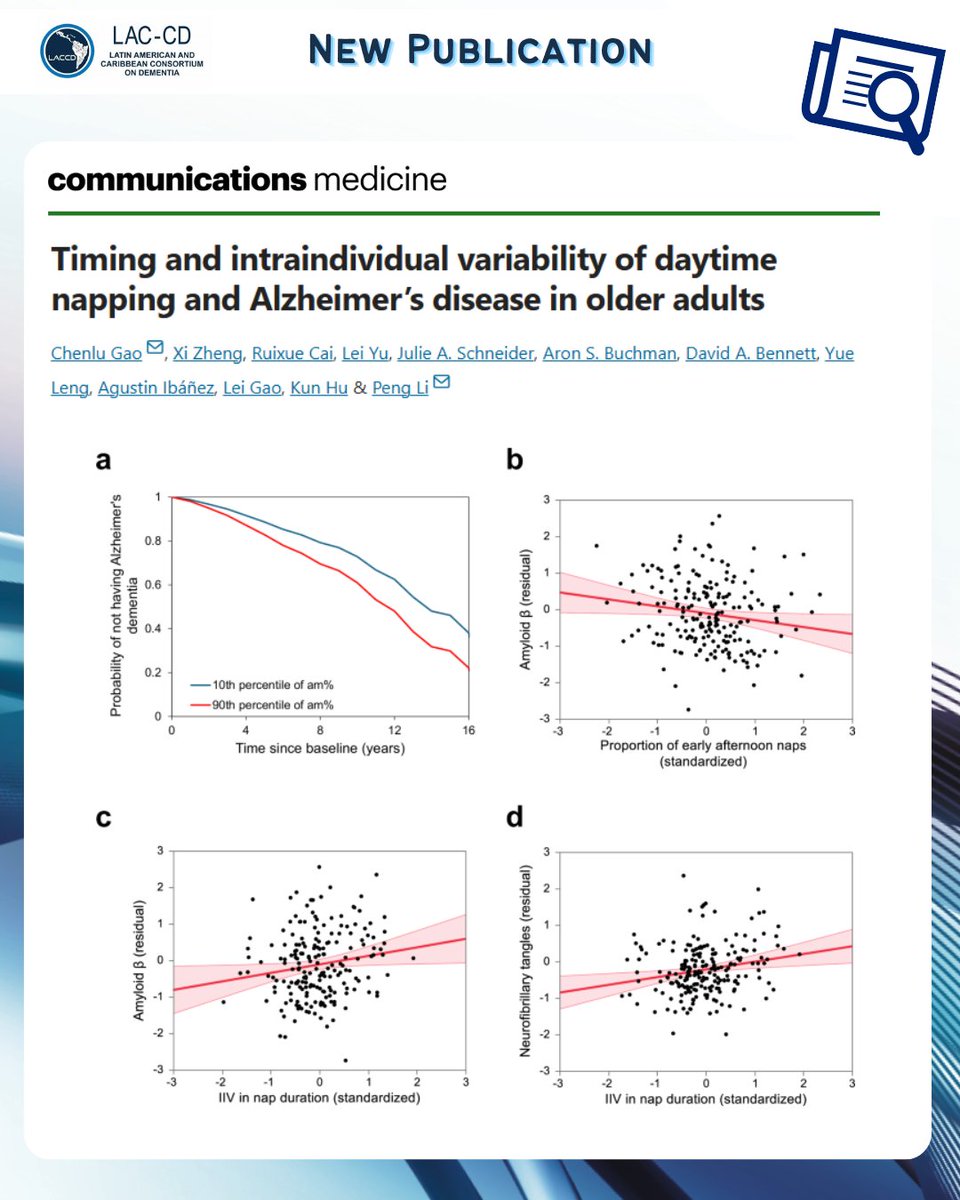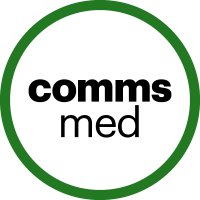
Communications Medicine
@commsmedicine
A selective open access journal from @NaturePortfolio publishing research, reviews & commentary across clinical, translational & public health research fields
ID: 1271104673630621696
https://www.nature.com/commsmed 11-06-2020 15:39:38
2,2K Tweet
1,1K Followers
367 Following
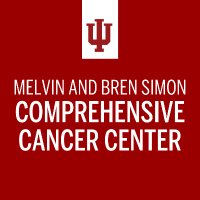
Our very own Spyridon Bakas, PhD, and colleagues recently published a new article in Communications Medicine. Learn more: ow.ly/pHkq50VB8Bt. #ResearchCuresCancer #NCIcomprehensive Communications Medicine
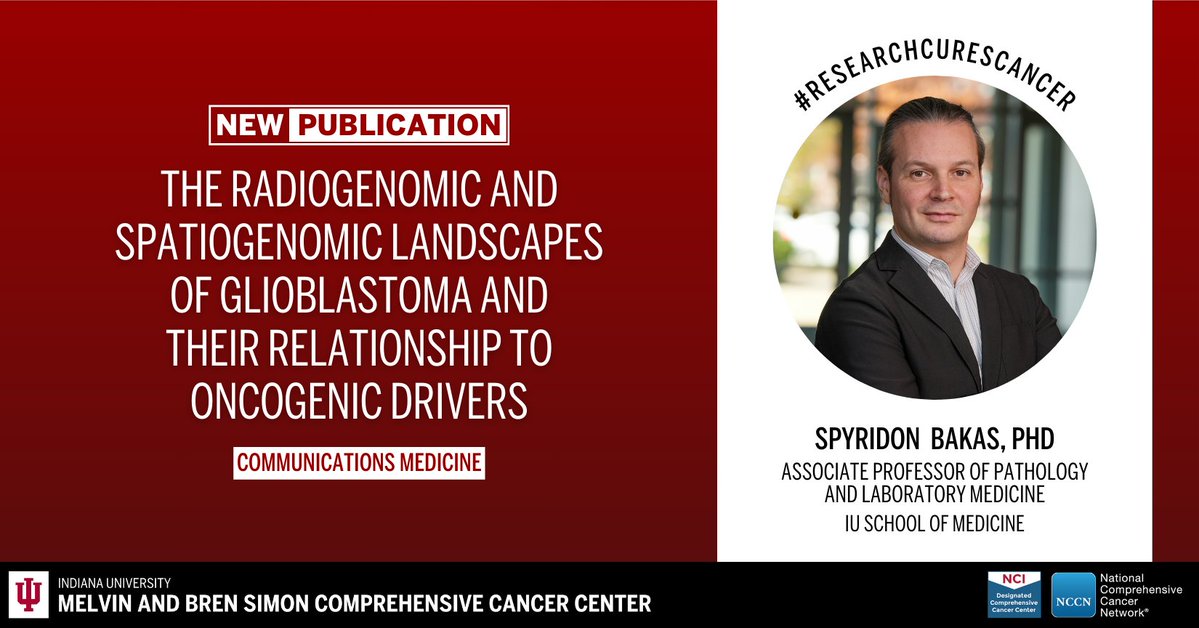


🚨 NEW RESEARCH! ⚕️ 🩺 Hatoum et al. find that large-scale #GWAS of psychiatric disorders can be used to rediscover existing psychiatric treatments. nature.com/articles/s4385… AlexanderSHatoum #PsychiatricDisorders
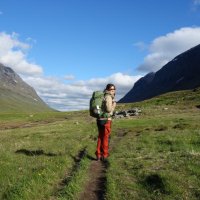
Our latest multinational study on trends in survival after #Dementia diagnosis has just been published with Springer Nature in Communications Medicine Read here: rdcu.be/eocfU Prof Ian Wong Celine Chui HKU Kenneth Man Martin Knapp Gloria Wong

🚨 NEW RESEARCH! ⚕️ 🖥️ 🩺 🫀 Ji et al. find that LLMs, such as #ChatGPT, exhibit significant disparities in #cardiovascular disease queries depending on the different models and languages used. nature.com/articles/s4385… @93_Jihw Yih Chung Tham #AIinHealthcare



🚨 NEW RESEARCH! ⚕️ 🩺 🖥️ Climente-Gonzalez, Oh et al. develop an interpretable #ML model that integrates plasma proteomics with clinical risk factors to improve risk prediction for CVD 🫀 . nature.com/articles/s4385… Héctor Climente nkoell.bsky.social Chuan Li Joanna Howson




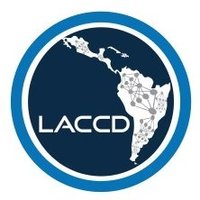
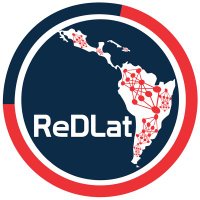
🧠 Can naps increase or decrease Alzheimer’s risk? New study in Communications Medicine (Nature Portfolio), with ReDLat Dementia members, finds: ☀️ Morning naps = ↑ risk 🌤️ Afternoon naps = ↓ amyloid 🔁 Irregular naps = ↑ amyloid & tau 📄 doi.org/10.1038/s43856…



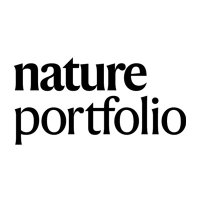
A study in Communications Medicine finds that frequent morning naps in older adults are linked to a higher risk of developing Alzheimer’s disease. More naps in the early afternoon and more consistent nap patterns are linked to lower levels of Alzheimer’s pathology. go.nature.com/4jUD94V




